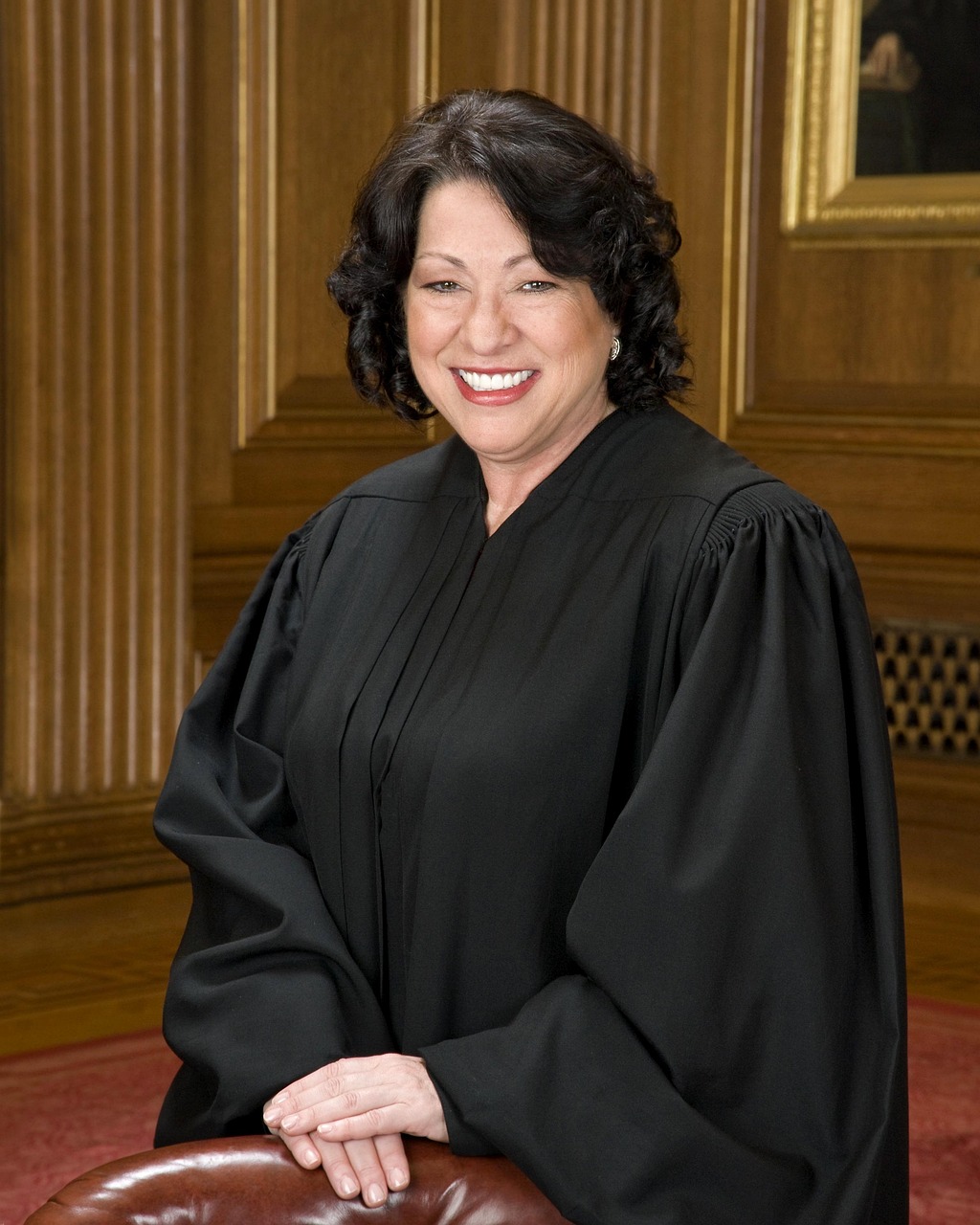The district courts have been attacking the Trump administration wherever possible. Many have overstepped their authority to intrude on the Article II executive.
A judge in the United States District Court for the District of Massachusetts decided that he was a final arbitrator of United States foreign policy. To that end, he issued a preliminary injunction stopping the deportation of criminal illegal aliens to third-party countries.
The criminal is detained in the United States. He is taken before an administrative judge, where he is given full due process. The judge can order the criminal released into our country with orders to report for further legal actions. He can decide that the person is not a criminal alien, and turn him loose or to other authorities. Or he can issue a deportation order.
At times, the criminal is not just here illegally, he has committed some other crime. In those cases, they are given a full trial. When they are found guilty, the judge can sentence them according to sentencing guidelines. After serving their sentence, they are then deported. The Article III judge will have ordered them deported, as part of their sentence.
In the alternative, the judge can just deport them. Make them someone else’s problem.
When we deport somebody, the rules say that they should be deported to the country of origin or to the last country they came through to reach the United States.
I’m not breaking it down. Some people hold multiple citizenships. Some people are citizens of their birth country and then move and become citizens in another country. Just assume that they are being sent to the correct country of origin.
Unfortunately, some of these criminal, illegal, aliens are nasty pieces of work. Many countries will refuse entry to people that they deem to be undesirable.
That includes many countries that feel that somebody convicted of murder is undesirable. Regardless of their citizenship.
My understanding is that under international law, a country is required to accept a deportee who is a citizen of their country.
As we well know, international law doesn’t really mean much. Countries have and do refuse entry to people that commit heinous crimes.
Having all of that in hand, let’s look at the facts of this case, according to Sotomayor.
The person being deported, O.C.G., had a removal order in place. He was being returned to his origin country, Guatemala.
When he learned of this, he begged an Immigration Judge to grant “withholding of removal to Guatemala”. Ok. This means that the next place he can be deported to is the last country he was in. Namely, Mexico.
Now, Sotomayor says that the Immigration Judge granted that withholding of removal to Guatemala and not to Guatemala and Mexico because there was no removal order to Mexico.
There is no record of why the Judge did this, only Sotomayor’s statement. The Judge knew that O.C.G. didn’t want to go to Mexico. He could have granted a withholding of removal to Mexico at the same time.
The judge did not.
Under the Trump administration, they looked at what they had. They had a legal removal order. It is legal to send him back to Mexico or Guatemala by statue, but he can’t be sent to Guatemala.
Bingo, he’s now on his way to Mexico.
When he arrived in Mexico, they said, “We don’t want your ass here.” and promptly deported him to Guatemala. It appears that there was no Immigration Judge in Mexico willing to grant a withholding of removal to Guatemala. Poor O.C.G.
From someplace in Guatemala, O.C.G. reached out to lawyers in the United States to start a class action suit to stop the administration from deporting criminal aliens to third-party countries.
Lacking in Sotomayor’s dissent is anything about O.C.G.’s criminal record. Nor was there was no evidence in the record that O.C.G. suffered any torture in Guatemala.
There is only O.C.G.’s claims.
The Immigration Judge who granted the withholding of removal found that O.C.G. was likely to suffer if deported to Guatemala. Therefore, the United States did not. The United States has no say on what Mexico does with its criminal illegal aliens.
This district judge feels that the United States is responsible for making sure nothing bad happens to these criminals after they are kicked out of our country.
The case is, DHS v. D.V.D. et al., No. 24A1153 606 U.S. ____ (2025).

